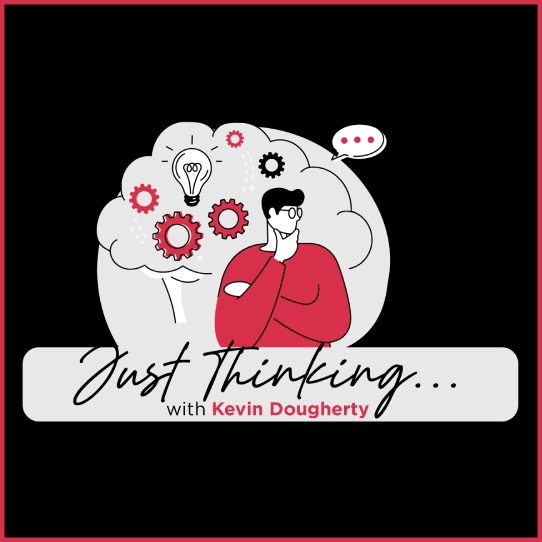Just Thinking…About the Impact of AI on Continuous Improvement in Education
Just Thinking host Kevin Dougherty, the Chief Strategy Officer at 806 Technologies, looks at the impact of AI on continuous improvement in education with Cindy Gibson, Chief Learning Officer at 806 Technologies. This discussion is set against the backdrop of the upcoming 806 Learning Summit, emphasizing the role of AI on continuous improvement within educational institutions.
With 27 years of experience in education, Gibson shares her insights on how AI can enhance data analysis and planning processes without replacing the crucial human elements of dialogue and critical thinking. She highlights the importance of using AI to accelerate conversations and foster deeper understanding among educators. Gibson also touches on the broader implications of AI in preparing students for a future where technology plays an increasingly significant role.
The conversation further explores the practical applications of AI tools in professional learning and continuous improvement, offering valuable takeaways for educators and administrators. As Gibson notes, “It’s important to identify specific areas where you can use AI in your current practices because there are so many AI tools available. It can almost be a distractor, be a little overwhelming.”
Gibson and Dougherty also discuss the importance of intentionality in AI usage and the need for educators to stay positive and focused on continuous improvement. The episode concludes with an invitation to the 806 Learning Summit, where participants can connect with peers, learn from expert sessions, and explore the latest trends in AI on continuous improvement in education.
Article by MarketScale




